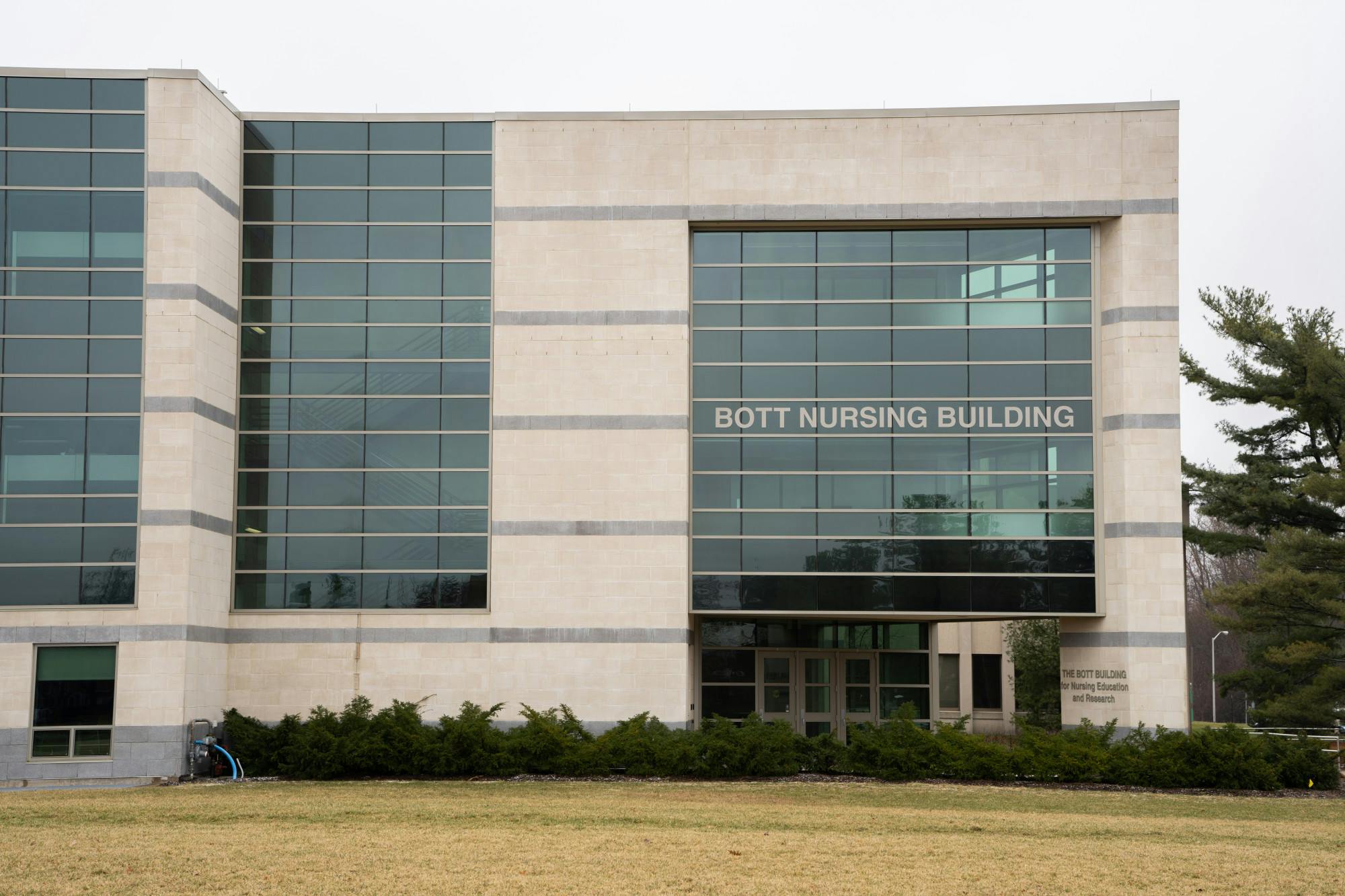Michigan State University research says light therapy may improve sleep quality for cancer survivors.
College of Nursing Associate Professor Horng-Shiuann Wu noticed that her breast cancer patients were fatigued during the day, but still had trouble sleeping at night.
Fatigue is one of the most common side effects of cancer and it may occur both during treatment and long after, according to a 2014 study done by Dr. Julienne E. Bower.
“It's not like you and me,” Wu said. “We feel tired, we go to bed, we feel better after we wake up. It's just a very different type of fatigue because some of my patients were describing to me that, ‘I'm so tired but I'm too tired to chew.’ That is a very extreme, very different type of fatigue and often patients go to bed and their sleep is not refreshed.”
Sleep issues are common among cancer survivors, with more than a third experiencing significant residual symptoms after treatment completion.
It is hypothesized that these sleep problems could be related to cancer’s effects on the body’s circadian rhythm, the cycle that tells the body when to go to sleep and when to wake up, as cancer is known to disrupt circadian rhythm and over time, this disruption could cause a cumulative effect.
Inspired by her colleague who was using light therapy to help Alzheimer’s patients in nursing homes reset their circadian rhythm, Wu wondered if the same treatment could help her patients not only with sleep issues but also with other residual cancer symptoms, specifically depression and cognitive dysfunction.
“The goal for the therapeutic bright light is to reset the biological clock to normalize the circadian rhythm and therefore, we can stabilize sleep wave patterns and hopefully, the other three symptoms are better,” Wu said.
She created a study that would monitor the effects of a chronotypically tailored light therapy on fatigue and sleep disruption in female stage I to III breast cancer survivors 1-3 years post completion of chemotherapy or radiation.
For the study, each patient was given a light therapy visor to wear for 30 minutes a day for two weeks. The visor used the highest intensity light within the blue-green spectrum, as blue-green light has proven effective in resetting circadian rhythms.
Additionally, since the timing of light therapy has shown to significantly influence the effects of light therapy, patients who needed to fall asleep earlier in the day were prescribed light therapy within 30 minutes of waking up, whereas patients who needed to fall asleep later were prescribed light therapy in the early evening.
The study is still ongoing, but preliminary analysis and Wu’s previous studies have found that light therapy light likely improved sleep quality and depression symptoms in patients.
Wu will continue to study the connection between circadian rhythms and light exposure in the hopes of improving her patients’ quality of life.
“We are kind of trying to find out how to manage those symptoms and that is not only going to help the patient, but also their family as well, especially the post-treatment survivor,” Wu said. “They are back to the community. They're supposed to carry on their normal life, but think about that, they're still suffering a lot from the consequences of the cancer and its treatment. So, if we can help the patient to better manage those symptoms, I think it’s going to be easier for them to go back to normal.”
Her findings were published online in the journal Chronobiology International.
Support student media!
Please consider donating to The State News and help fund the future of journalism.
Discussion
Share and discuss “MSU researcher says light therapy may improve sleep quality for cancer survivors” on social media.







